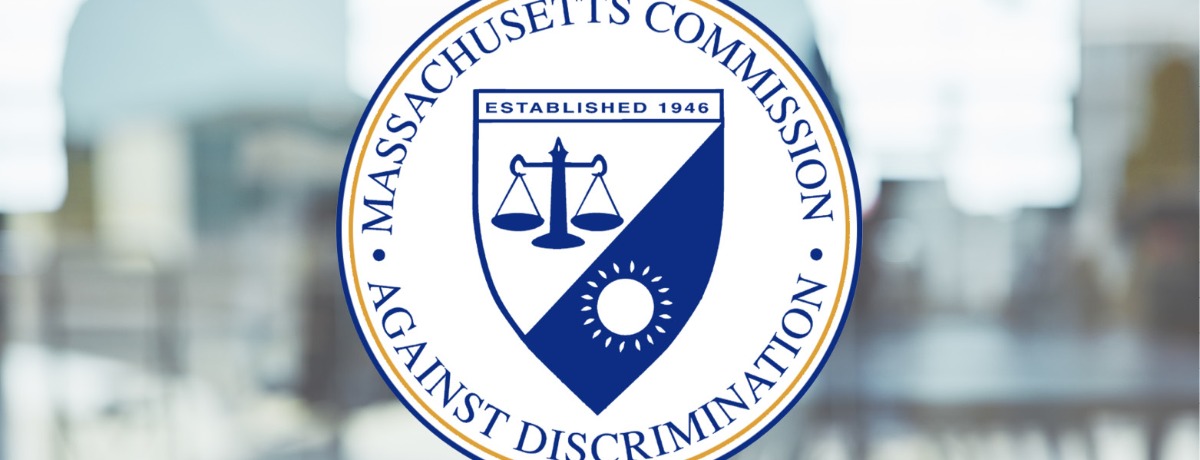The Massachusetts Commission Against Discrimination (“MCAD”) recently released new draft procedural regulations, which aim to substantially overhaul the existing ones which have been in effect since 1999. Although the draft regulations are still subject to review, commentary, and public hearing, some key changes are highlighted below:
Timeframes for Respondents/Complainants to Appeal a Probable Cause Finding
One of the most significant changes in the proposed regulations involves the significantly expanded time period that respondents, e.g., employers and supervisors, will have to appeal an adverse finding of probable cause. Under the existing regulations, a respondent has 30 days from the date of the probable cause finding to file a motion for reconsideration. Under the proposed regulations, a motion for reconsideration may be filed for good cause at any time up until the certification conference, or within 45 days of the case being certified for public hearing—events that procedurally occur on the relative eve of public hearing, often months, if not years, after the underlying investigation concluded and discovery has been completed. By way of contrast, under both the current and proposed regulations, complainants, e.g., employees, seeking to appeal an adverse disposition (i.e., a “lack of probable cause” or “lack of jurisdiction” determination, or a dismissal) have only 10 days to appeal.
Position Statements and Rebuttals
Despite the current regulations being silent on the practice, for decades, the MCAD has welcomed, and often requested, that a complainant submit a rebuttal to a respondent’s position statement—thereby ensuring, as in many other legal proceedings, that the injured party gets “the last word.” Under the proposed regulations, this practice would be codified. Indeed, the MCAD makes it clear that rebuttals, while not required, are strongly encouraged and may be specifically requested by the MCAD to assist in investigations. The proposed regulations also impose firm deadlines for filing both positions statements and rebuttals; specifically, Investigators, upon written request and for good cause shown, may grant extensions of not more than 21 days absent “exceptional circumstances.”
Equitable Tolling
The legal doctrine of equitable tolling has been expressly incorporated into the proposed regulations. Specifically, the proposed regulations provide that the statute of limitations (a 300 day filing deadline) may be equitably tolled in those cases where the “complainant is excusably ignorant of their rights or of facts giving rise to a claim within the Commission’s jurisdiction, or where complainant has been misled, either by the Commission or the respondent, as determined by the Investigating Commissioner.”
Motion Practice
The MCAD has taken several steps to expand upon and clarify certain motion procedures at various stages of MCAD proceedings. For example, the requirement that represented parties confer prior to any motion being filed has been expanded beyond discovery-related motions and will apply to all motions unless otherwise exempted under the regulations. Under the proposed regulations, exemptions apply to pro se parties (parties who are not represented by lawyers), “emergency motions” (as delineated under the regulations), and certain pre-determination motions, including motions to amend the complaint and motions for extension of time.
Attorney Withdrawal
The proposed regulations limit the ability of attorneys to withdraw from pending MCAD matters where no appearance of successor counsel has been filed. Specifically, the proposed regulations require leave from the MCAD’s general counsel for an attorney to withdraw after a probable cause finding has been issued. Under the existing regulations, an attorney may withdraw, without leave from the MCAD, at any time prior to certification for public hearing.
Given the review, commentary and public hearing process to which the proposed regulations will now be subject, we expect revisions to be made, but at least as to the issues noted above, the MCAD has given a heads up to parties and practitioners as to what to expect in the future. Stay in touch for updates. Visit Sherin and Lodgen's website to read more.
---------------------
Brian J. MacDonough concentrates his practice in employment law and executive advocacy. He handles a wide range of matters, including contract negotiation and enforcement, discrimination, whistleblowing, wage and hour issues, and wrongful termination.
Jaclyn McNeely is an associate in the firm’s employment law department. She represents clients in a wide range of matters, including wage and hour issues, wrongful termination, discrimination, retaliation, and contract negotiation and enforcement. Her experience includes advising clients on FMLA, FLSA, Massachusetts Wage Act, and parental leave.

















